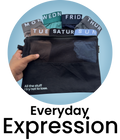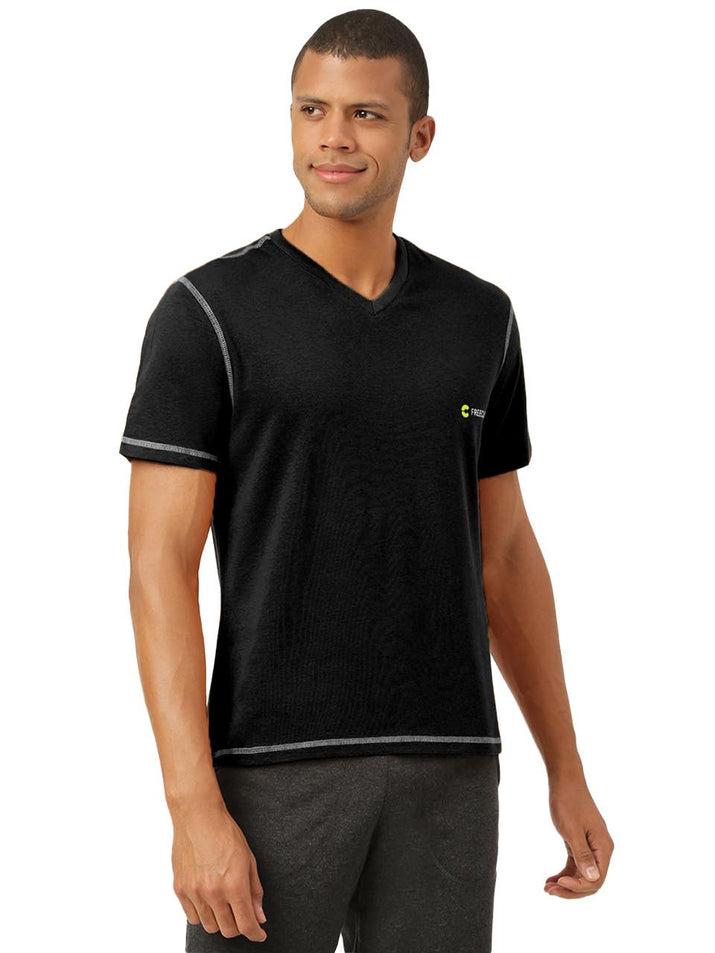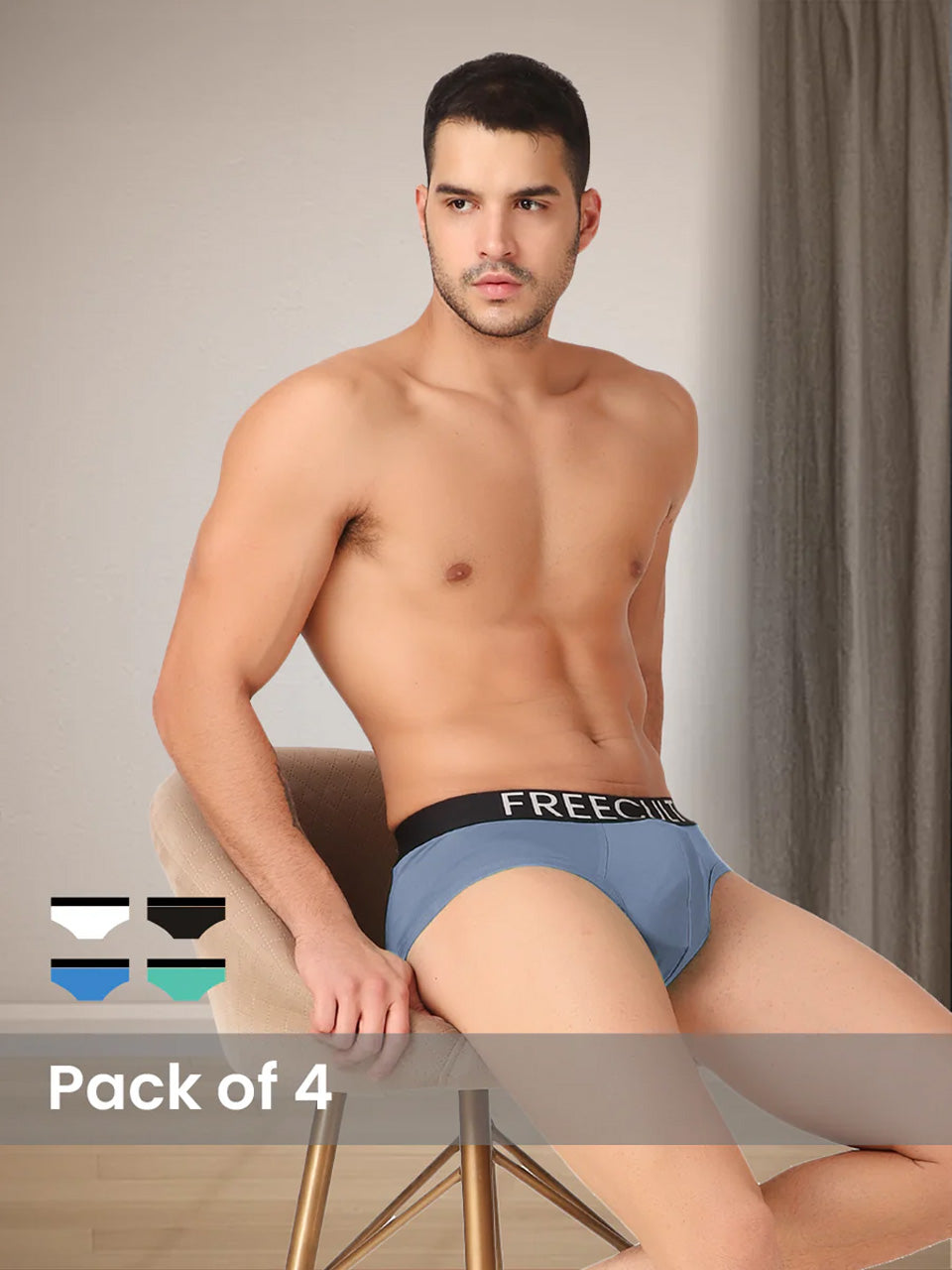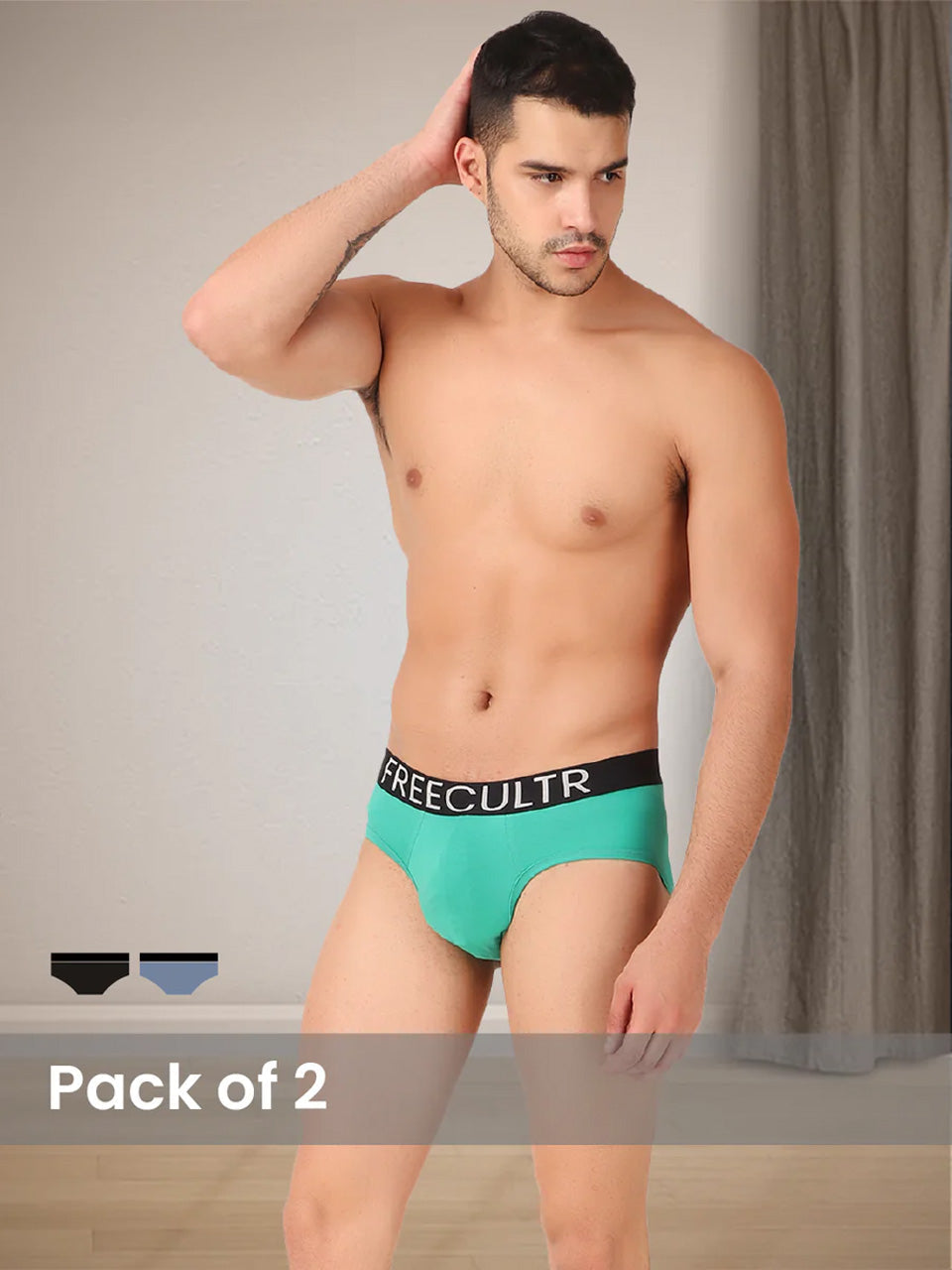Beyond fleeting trends, a fundamental shift is reshaping apparel: sustainability. Witness the rise of Tencel™ Lyocell in athletic wear, prized for its moisture-wicking properties and eco-friendly production. But true style transcends mere material; it's about longevity. We'll delve into the core of sustainable fabrics, examining innovations like recycled polyester from ocean plastic and organic cotton farming practices. Discover how these materials, coupled with classic design principles, forge garments that not only look good but also endure, defying the fast-fashion cycle and contributing to a more responsible future for the industry, where enduring style and environmental consciousness intertwine seamlessly.

Why Sustainable Fabrics Matter
Okay, let’s talk about why you should even care about sustainable fabrics in your tees. Fast fashion is a huge problem. It churns out cheap clothes that end up in landfills faster than you can say "retail therapy." The production processes often involve harsh chemicals, tons of water waste. Unethical labor practices. Choosing sustainable fabrics is a small but mighty way to push back against all that. It's about making a conscious decision to support brands that are doing things better for the planet and its people.
Decoding Sustainable Fabrics for Tees
So, what exactly makes a fabric "sustainable"? It's not just about being eco-friendly; it’s a whole package. Here are some of the key players in the sustainable tee game:
- Organic Cotton: Grown without nasty pesticides and synthetic fertilizers. This means less harm to the soil, water. Farmers. Look for certifications like GOTS (Global Organic Textile Standard) to ensure it's the real deal.
- Recycled Cotton: Instead of virgin cotton, recycled cotton uses pre- or post-consumer cotton waste. Think old clothes, fabric scraps. Even leftover cotton from the manufacturing process. It reduces the need for new cotton production, saving water and energy.
- Hemp: A superhero fabric! Hemp grows quickly, requires little water. Doesn’t need pesticides. Plus, it's incredibly strong and durable, making it perfect for tees that last.
- Bamboo: Another fast-growing plant that needs minimal water and no pesticides. Bamboo fabric is soft, breathable. Has natural antibacterial properties.
- Tencel (Lyocell): Made from sustainably harvested wood pulp, Tencel is produced in a closed-loop system, meaning the solvents used are recycled. It's incredibly soft, drapes beautifully. Is gentle on the skin.
- Recycled Polyester (rPET): Made from recycled plastic bottles, rPET gives waste a new life. It’s durable, wrinkle-resistant. Reduces our reliance on virgin polyester, which is derived from petroleum.
Organic Cotton vs. Recycled Cotton: A Quick Face-Off
| Feature | Organic Cotton | Recycled Cotton |
|---|---|---|
| Raw Material | Organically grown cotton plants | Pre- or post-consumer cotton waste |
| Environmental Impact | Reduces pesticide and fertilizer use | Reduces the need for new cotton production; lowers water and energy consumption |
| Feel | Soft and breathable | Can vary depending on the recycling process; often blended with other fibers |
| Availability | Widely available | Becoming more common. Still less readily available than organic cotton |
Certifications to Look For
Navigating the world of sustainable fabrics can feel like deciphering a secret code. That's where certifications come in handy. They act as a stamp of approval, verifying that a fabric meets certain environmental and social standards. Here are a few key certifications to keep an eye out for:
- GOTS (Global Organic Textile Standard): This covers the entire supply chain, from the growing of the cotton to the manufacturing of the finished product. It ensures that the fabric is truly organic and that ethical labor practices are followed.
- Oeko-Tex Standard 100: This certification tests for harmful substances in textiles, ensuring that the fabric is safe for human use.
- Bluesign: This certification focuses on the environmental impact of the entire textile production process, from raw materials to finished product. It ensures that resources are used efficiently and that harmful chemicals are minimized.
- Fair Trade Certified: This certification ensures that farmers and workers are paid fair wages and work in safe conditions.
Tees That Tell a Story: Real-World Examples
Want to see sustainability in action? Here are a few examples of brands that are rocking the sustainable tee game:
- Patagonia: A pioneer in sustainable apparel, Patagonia uses organic cotton, recycled polyester. Innovative materials like Yulex (a plant-based alternative to neoprene).
- Eileen Fisher: Known for its commitment to circularity, Eileen Fisher uses organic cotton, recycled fibers. Offers a Renew program where customers can return used clothing for resale or recycling.
- ABLE: This brand focuses on empowering women in developing countries by providing fair wages and safe working conditions. They use sustainable materials like organic cotton and recycled denim.
- Threads 4 Thought: Uses a blend of organic cotton, recycled polyester. Modal (made from sustainably harvested beech trees) to create stylish and sustainable tees.
Beyond the Fabric: What Else Matters?
Choosing a sustainable fabric is a great start. It's not the whole story. Here are a few other things to consider when buying sustainable tees:
- Dyes and Finishes: Look for tees that are dyed with low-impact dyes and avoid finishes that contain harmful chemicals.
- Manufacturing Practices: Support brands that prioritize ethical labor practices and fair wages.
- Packaging: Opt for tees that are packaged in recycled or biodegradable materials.
- Longevity: Choose well-made tees that will last longer, reducing the need to constantly replace them.
Making Your Tees Last: Care Tips for Sustainability
Okay, you've invested in a sustainable tee. Now what? Proper care is key to extending its life and reducing its environmental impact. Here are a few tips:
- Wash Less: Only wash your tee when it's actually dirty. Over-washing can damage the fibers and fade the colors.
- Wash Cold: Cold water washing saves energy and is gentler on fabrics.
- Use a Gentle Detergent: Harsh detergents can break down the fibers of your tee. Opt for a gentle, eco-friendly detergent.
- Skip the Dryer: Tumble drying shrinks clothes and uses a lot of energy. Hang your tee to dry instead.
- Repair, Don't Replace: If your tee gets a hole or a stain, try to repair it instead of throwing it away.
Timeless Style: Investing in Versatile Pieces
Sustainability isn’t just about the materials; it’s about creating a wardrobe that lasts. Choosing classic, versatile tee styles means you’ll be wearing them for years to come. Think simple crew necks, V-necks. Long-sleeved tees in neutral colors. These can be dressed up or down and mixed and matched with other pieces in your wardrobe, maximizing their wearability. When it comes to fashion and comfort, a well-fitting, sustainable tee is a winner.
The Future of Sustainable Tees
The future of sustainable tees is looking bright! Innovation is happening all the time, with new fabrics and technologies emerging that are even more eco-friendly. We're seeing things like:
- Lab-Grown Cotton: Cultivated in a lab, this technology reduces the need for land and water.
- Mylo (Mushroom Leather): A leather alternative made from mycelium, the root structure of mushrooms.
- Dyeing with Air: Companies are developing dyeing techniques that use air instead of water, significantly reducing water waste.
These advancements are pushing the boundaries of what's possible in sustainable fashion, paving the way for a more circular and environmentally responsible industry. The key is to embrace these innovations, support brands that are leading the charge. Continue to make conscious choices about the clothes we buy.
Conclusion
Ultimately, building a wardrobe with sustainable tees and timeless style is about conscious choices. It's not just about buying; it's about investing in pieces that last and reflect your values. This week, I challenged myself to create three distinct outfits using only sustainable tees and pieces I already owned. It proved that versatility doesn't require excess. Thinking long-term, consider brands committed to circularity, like those exploring textile recycling initiatives. Start small: Perhaps choose one new tee made from organic cotton or recycled materials. See how it integrates into your existing style. Remember, the most sustainable garment is the one you already own and love. Let's embrace mindful consumption and wear our values, creating a positive impact one tee at a time. Every small change counts.More Articles
Men's freecultr trunks – Breathable Comfort & All-Day SupportMen's bamboo vest mens – Natural Comfort & Eco-Friendly
Freecultr hoodie – Cozy Comfort & Durable Fabric
Men's undershirt for men – Lightweight Feel & Moisture Control
FAQs
So, what makes a tee 'sustainable' anyway? Is it just, like, greenwashing?
Good question! Sustainability in tees boils down to the fabric and how it's made. We're talking organic cotton (grown without nasty pesticides), recycled materials (like turning plastic bottles into fibers!) , or innovative plant-based fabrics like hemp or Tencel. It's not just a label – look for certifications like GOTS or Oeko-Tex to be sure it's the real deal.
Okay, organic cotton sounds cool. Is it actually better than regular cotton?
Yep, it definitely is! Regular cotton farming uses tons of pesticides and water, which isn't great for the environment or the farmers. Organic cotton avoids those harmful chemicals, uses water more efficiently. Promotes healthier soil. Plus, it's usually softer on your skin, bonus points!
What's the deal with 'timeless style'? Does that mean I'm stuck with boring basics?
Not at all! Timeless style means choosing pieces that look good year after year, avoiding fleeting trends. Think classic cuts, neutral colors. High-quality materials. You can still express your personality with accessories and how you style your tee – it's all about building a versatile wardrobe that lasts.
Will these sustainable tees fall apart after a few washes? That's my biggest fear!
That's a valid concern! The key is choosing tees made from high-quality, durable fabrics. Look for tightly woven materials and reinforced seams. And of course, follow the care instructions on the label! Treating your tee with a little TLC (like washing it inside out and avoiding the dryer) will help it last longer.
Recycled plastic tees? Seriously? Are they comfortable?
Honestly, you might be surprised! Recycled plastic (usually PET bottles) is broken down and spun into fibers that can be incredibly soft. They're often blended with other materials like cotton or viscose for added comfort. You'd never guess you're wearing something that used to be a water bottle!
Alright, you've convinced me. Where do I even start looking for these sustainable and stylish tees?
Many brands are now focusing on sustainability! Look for companies that are transparent about their sourcing and production practices. Check out online retailers specializing in eco-friendly clothing, or browse the sustainable collections of larger brands. Reading reviews and researching the brand's values is always a good idea.
Is a sustainable tee going to cost me an arm and a leg?
Sustainable options can sometimes be a bit pricier upfront. Think of it as an investment. They're generally better quality and last longer, meaning you won't have to replace them as often. Plus, you're supporting ethical and environmentally responsible practices, which is worth something too! You can often find sales or discounts. Focus on buying fewer, better-quality pieces.





